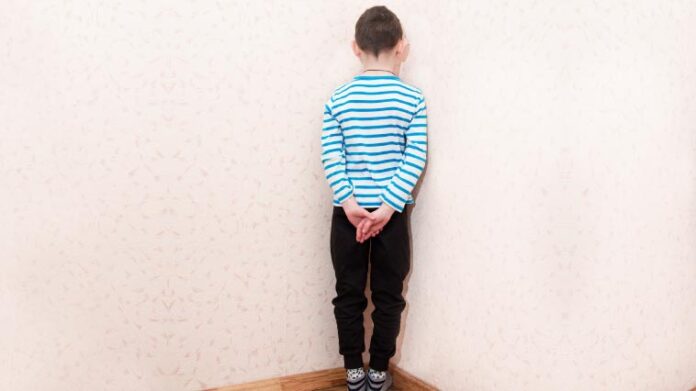In schools or at home, whether you call it “Time Out” or the “Thinking Chair”, they are all different names for the same thing – distancing a child who has done something wrong.
One of the toughest and most important tasks of parents is to instill discipline. It is not the easiest thing to constantly try to keep a child from hurting another child or doing something unsafe or simply something that is not OK.
Sometimes you are very lucky and natural consequences will occur to teach the child a great lesson. For example, if they refuse to wear their jacket and it’s cold outside, they will simply be very cold and learn to wear that jacket next time. Yet at other times, you are required to step in and guide the child into a safer and acceptable zone.
Many parents find refuge in the famous strategy of Time Out. A great way for both parents and kids to step away and have a chance to think. Really? Let’s think about it again. Imagine you are the child and you are sent to Time Out, what do you think will go through your very simple and not yet fully-developed mind? Let’s remember that children at that age are very much in the moment, they still don’t fully grasp the notion of time, so their “now” is everything to them. You will probably feel rejected, you will feel that your parents are not on your team, you will feel alone and vulnerable. Needless to say, that you will learn nothing from the whole experience! All you’ll have is stress, along with the message that your parents are sending: “I am mad at you, you did something wrong, and you need to be punished.”
To a child this is very scary and unsafe. It can create long-term damage and deep trust issues. Whereas, using alternatives to the Time Out, can have very positive results, conveying a new message that says: “My parents are on my team, they will help me and guide me through any situation, no matter what it is, and I can count on their love and support all the time.” Because through the comfort the children feel in the relationship, they’ll feel less and less need to behave in ways parents usually don’t approve of.

Here are few alternatives to Time Out:
Removing the child from the situation, while staying with them, is one way to replace Time Out. Allow them to melt down safely with you, because they’ve gone to that place where there is no return.
Let the child know the plan ahead of time, this will reinforce the idea that “We are a team, and you are part of this”. It is a wonderful way to prevent meltdowns and any situation that can put them over the edge.
Give them a choice. Allow them to have a little control over their own lives and intervene minimally to help them understand the situation.
A lack of acceptance is one of the results that Time Out can present; if we are not happy with ourselves, we can never be our best with people. We never want our children to feel “not accepted”, or loved only when behaving well. Discipline is never the opposite of love and support. You can still guide your child through the rocky roads of growing up, gently yet firmly, with respect and love; which allows the child to not only acknowledge that they have done something wrong, but it will also help them develop their problem-solving skills, and let them truly understand the meaning of being sorry after doing something they were not meant to do.
With your calm guidance, you will manage to explain thoroughly what was wrong, what should have been done and what could be done in the future, instead of just removing the child from the situation and sending them to be alone, sad, mad and frustrated, dealing with lots of unwanted and new, big feelings.





